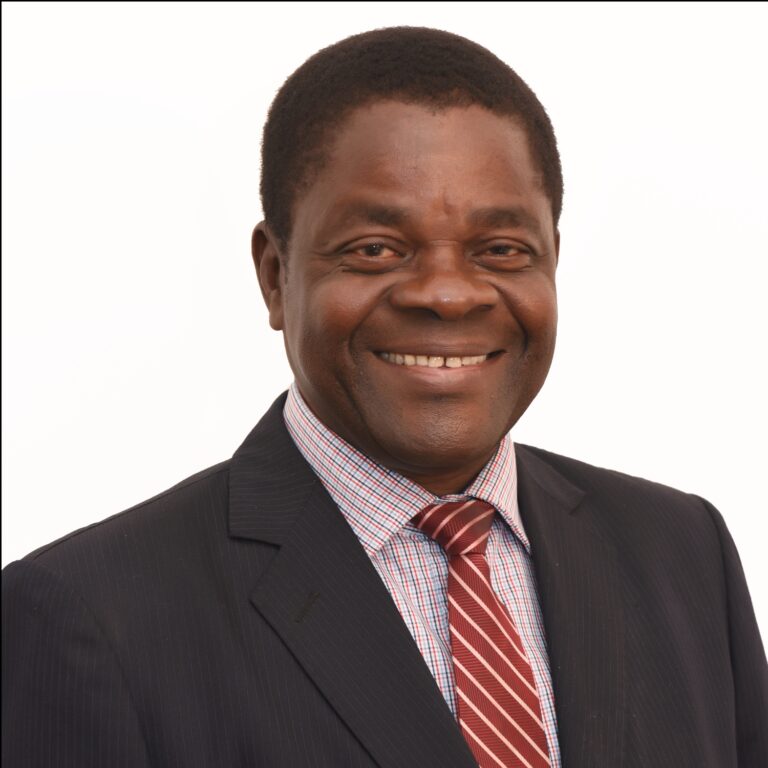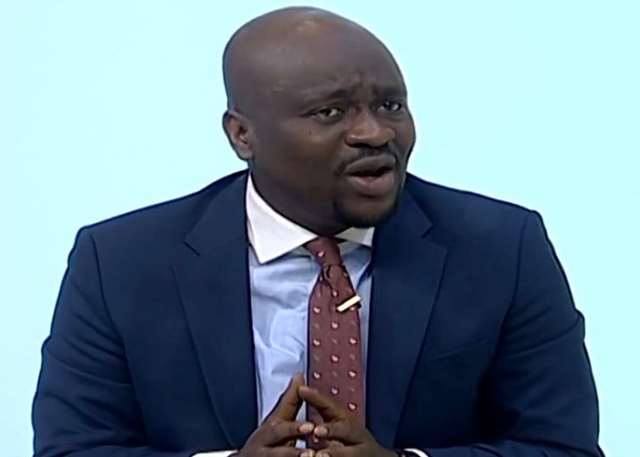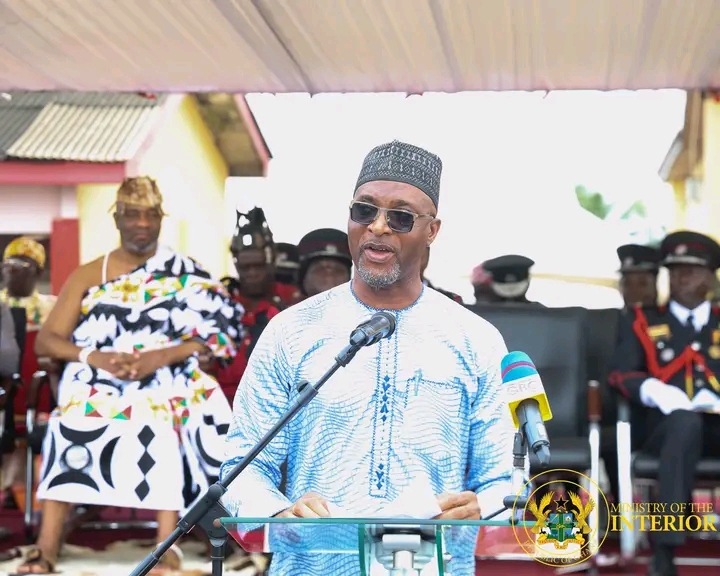Accra, Feb. 26, GNA – Ghana on Tuesday moved a notch higher in its stance to combat nuclear and radioactive security matters, as the Customs, Excise and Preventive Service (CEPS) and the Ghana Atomic Energy Commission (GAEC) signed a Memorandum of Understanding (MOU) to counter the complexity and ingenuity of the threat.
The MOU, among other things, states the roles and responsibilities of the Radiation Protection Board of the GAEC and CEPS in relation to the import and export of radiation sources and to establish clear working guidelines on the actions to be taken by the respective parties to ensure protection against radiation and safety and security of radiation sources.
Incidents around the world, particularly terrorism, have highlighted the potential for significant health and security concerns, should high activity radioactive materials be improperly transported, stored, handled or used.
Initialled by the CEPS Commissioner, Mr Emmanuel Doku and the Director-General of GAEC Prof. Edward Akaho at the CEPS headquarters in Accra, the MOU mandates CEPS not to permit the importation and exportation of any radiation source unless persons to whom such source is consigned produces authorization to import or exports issued by the Radiation Protection Board.
The signing ceremony culminated in the GAEC handing over to CEPS, 20 PRD RadEye Alarming Personal Radiation Detectors to be used by CEPS personnel who may be engaged in matters relating to radioactive materials and nuclear security at the country’s entry points.
The gadgets would enable personnel to detect attempts by persons to smuggle radioactive substances into the country and to detect contaminated foodstuffs and other materials before release to the public.
Additionally, the radiation detectors would be effective in protecting the population and the environment against nuclear and radiological acts of terrorism, and the national and regional strategies for nuclear security. Prof. Akaho noted that recent events worldwide had prompted the International Atomic Energy Agency and member states alike to act swiftly by coordinating the response of the international community to threats caused by illicit trafficking of nuclear and radio active materials.
He said as a result, physical protection and security of nuclear materials and radioactive sources had gained new dimensions and surfaced as one of the most important issues requiring enhanced international cooperation and closer regional coordination. Prof. Akaho expressed optimism that the MOU and the radiation detectors would help in raising the standard of security, improve control of nuclear and radioactive materials, upgrade border monitoring, improve detection, identification and response to incidents involving nuclear and radioactive materials at the entry points. Acknowledging that quantity of the gadgets made available to CEPS was inadequate for the job at hand, he gave the assurance that, when the GAEC received new supplies from the IAEA, more of the detectors would be given CEPS.
Mr Doku said Ghana was moving in the right direction by the signing of the MOU and expressed appreciation for the equipment, saying, “It would go a long way to enhance Ghana’s security stance”. 26 Feb. 08
Source: GhanaWeb










